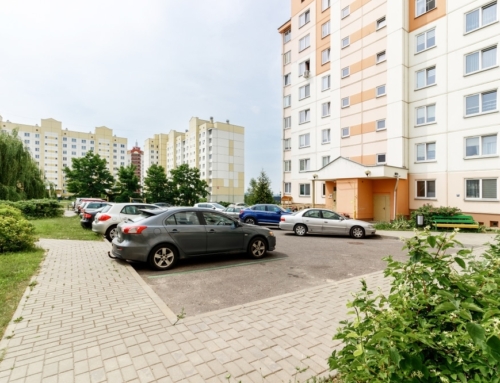The housing market crash has left many homeowners stuck in their homes, unable to sell or relocate. Without any equity and an underwater mortgage, these homeowners have been desperately searching for relief.
Recently, several companies have been seen advertising what seems like a potential lifesaver for these folks. If you are stuck in your home, but want or need to move, they will rent out your home for a set period of time. In exchange, you agree to purchase one of the company’s new homes.
The program is frequently offered by homebuilders who have had their own struggles moving their inventory since the housing bubble burst or by organizations working in partnership with the homebuilders.
The deal initially looks pretty great. For a couple of years, and without any risk on your part, the mortgage, taxes, and insurance on your old home could be completely covered, while you are free to move on with your life in a new home. The builders who are trying to sell homes nobody is buying get a sale in exchange for a small investment. And, hopefully, the builders find a renter that covers most of that investment.
In the best-case scenario, you’d buy a new home and sell your home down the line after receiving rent payments during the guaranteed time—let’s say it’s three years. The home would stay in great shape and a buyer would walk through the door and take the home off your hands at a price that pays off all your debts. But that might not always be the case.
Consider the risks
The first question to ask yourself is whether you will be prepared to take over this property again and what that will mean to you. Will three years buy you the time for local market conditions to improve enough that you will have an easier time selling your home at the price you want?
Before you even consider this kind of deal, you should know exactly what is happening in your local market—not just in the headlines that say prices are going up nationally. You need to know what home prices are at the moment and what they are projected to do in the future. You also need to know what the demographics of the area are and how they are changing. Three years’ time may make all the difference in selling your home or it may make no difference at all.
Here’s another issue to consider: Let’s say you do this deal, and your home gets rented to a tenant. Those three years could take a toll on the home, which then might require substantial repairs to bring it up to selling condition.
And what if you can’t sell? What if you can’t get enough from a sale to pay off your mortgage? You’ll be stuck with the cost of your new home and the cost of maintaining the old home. You will either have to become a landlord outright or you might have to try a short sale.
If you tried a short sale, this might not be so bad, except now the home may not be considered your primary residence (according to the IRS). Depending on where tax rules sit, you may have to pay taxes on the amount of debt the lender forgives in the short sale. That could be tens of thousands of dollars alone.
What does this mean for homeowners? Renting out your home could be a good option for those who need to move, and these deals can make that easier. But homeowners need to evaluate their circumstances and the possible effects of a rental situation. If you are an underwater homeowner, you may feel trapped and desperate for options, but it’s just as important to make sure you’re not causing more problems in the long run.
[amazon_link asins=’1524763438,B0045CKDMO,B00OKYD52C’ template=’ProductCarousel’ store=’thinkglink-20′ marketplace=’US’ link_id=’3f069bb3-4893-11e8-a33a-71cd973791fe’]





